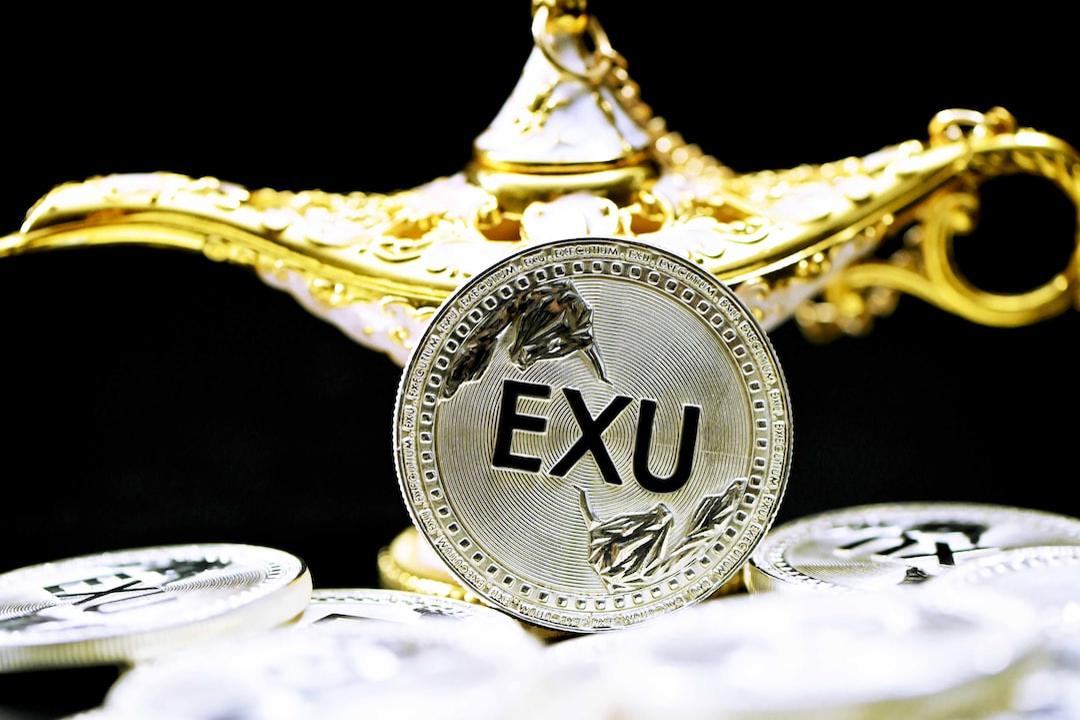Could the German government put an end to its selling spree?
According to Lookonchain, the German government has recently transferred 1,000 Bitcoin (BTC), worth approximately $55.79 million, to Coinbase, Bitstamp, and other addresses. The report states that 250 BTC went to each exchange, while 500 BTC were sent to an unidentified address starting with 139Po.
This comes after Germany has already sold a total of 11,032.3 BTC, valued at around $668.2 million, in the past 19 days. These transactions have caused significant volatility in the Bitcoin market.
In the last week alone, 7,970 BTC, worth approximately $462 million, were sent to major exchanges, leading to a market downturn. As a result, the price of Bitcoin briefly dropped below $55,000 before stabilizing between $55,000 and $56,000.
Despite these sales, the German government still holds 38,826 bitcoins, valued at around $2.17 billion. However, these ongoing transfers have created a bearish sentiment among traders, with many speculating about the future direction of the market.
The CoinMarketCap Crypto Fear & Greed Index reflects this sentiment, with a score of 36 indicating fear in the market.
As of July 8, the price of Bitcoin was trading near $57,120, with a 24-hour trading volume of $23.4 billion. The cryptocurrency saw a 2.31% decline over the past day, fluctuating between $56,045.50 and $54,415.94. Its market capitalization stood at $1.1 trillion, with open interest dropping by 2.29% to $15.8 billion.
It is likely that the German government’s selling of BTC has contributed to the volatility of the token.
Mags, an independent crypto analyst, highlighted that Bitcoin’s weekly candle closed below $60,000 for the first time in four months, indicating a 27% correction from its all-time high. The next significant support is at the upward-sloping trendline from $15,500, suggesting further potential downside.
Various critics have slammed the German government’s Bitcoin sales. Joana Cotar, a member of the German Bundestag, expressed her opposition to the sales and urged the government to use digital assets to diversify its treasury holdings instead. She argued that holding Bitcoin as a strategic reserve currency could strengthen Germany’s geopolitical position, similar to discussions in the United States.
In response to the negative impact on spot prices, Justin Sun, the founder of Tron, offered to purchase Bitcoin from the German government off-market for $2.3 billion. Analysts, including Alex Krüger, believe that the continued selling pressure from these transfers will keep the market on edge.
Despite this, Krüger remains optimistic about a positive outlook toward the end of the year, expecting the market to remain cautious due to the ongoing selling pressure.

